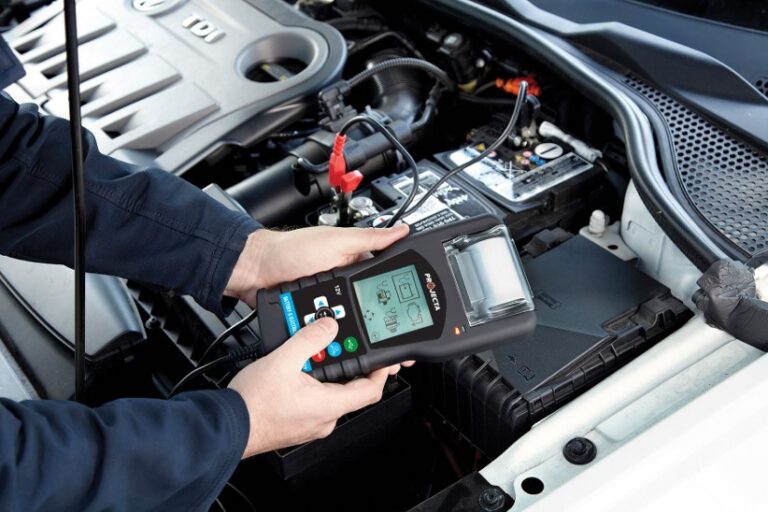As cost of living pressures continue to rise, it’s understandable that many organisations are looking for ways to save money. But when it comes to running a fleet, putting off essential vehicle maintenance is a false economy. Regular servicing and prompt attention to issues are crucial not just for safety and reliability—but for your bottom line.
RACV has issued a timely reminder to all motorists, including fleet operators, not to postpone essential vehicle maintenance in an effort to cut costs. Delays, they warn, can result in significant safety risks, expensive repairs, and increased vehicle downtime.
In 2024, the number one reason for an RACV Emergency Roadside Assist call-out was battery-related issues, with nearly 300,000 cases. This was followed by problems with wheels and tyres (over 107,000 call-outs), and electrical faults (more than 50,000).
According to Jeff Ames, RACV General Manager Motoring Products, even small maintenance issues can snowball into costly repairs if ignored. “We know that cost of living issues are impacting families across Victoria in different, challenging ways, but RACV often sees first-hand that putting off seemingly small issues can be costly in more ways than one,” Ames said. “Delaying essential car repairs may seem like a cost-saving measure, but motorists could expose themselves to issues that are both unsafe and expensive to fix.”
For fleet managers, this message is especially important. Preventive maintenance is the foundation of any cost-effective and safe fleet operation. Without it, the risk of breakdowns, accidents, and unexpected vehicle replacements increases—driving up operating costs and reducing the availability of your fleet.
Key Maintenance Areas to Watch
Here are four essential maintenance areas RACV warns must not be delayed:
- Oil Changes: Low or dirty engine oil can cause serious engine damage, including stretched timing chains or complete engine failure. Don’t wait for a warning light—check the oil regularly and follow the recommended service schedule.
- Coolant Systems: Coolant issues or leaks could be signs of serious mechanical problems. If the coolant appears brown, rusty, or murky, it’s time for a change. Persistent overheating is a red flag.
- Suspension: Poor ride quality or uneven tyre wear could indicate failing suspension components. These problems can affect safety and vehicle control, especially in heavy-use vehicles.
- Spark Plugs and Ignition Coils: Faulty spark plugs can reduce fuel efficiency and engine performance. In petrol vehicles, worn ignition coils often cause misfires or engine warning lights—issues that need prompt attention.
Adjusting Schedules and Staying Ahead
Maintenance schedules shouldn’t be “set and forget.” Fleet managers should review them regularly based on actual vehicle usage, road conditions, and seasonal impacts. A vehicle that’s racking up kilometres in regional or stop-start metro driving may need more frequent attention than one used occasionally.
Ultimately, proactive maintenance saves money in the long run and protects your drivers. RACV encourages all vehicle owners to follow their manufacturer’s recommended service schedule and to consult a qualified mechanic if anything seems off.
Preventive maintenance isn’t just a task on a checklist—it’s an investment in safety, performance, and cost control.






